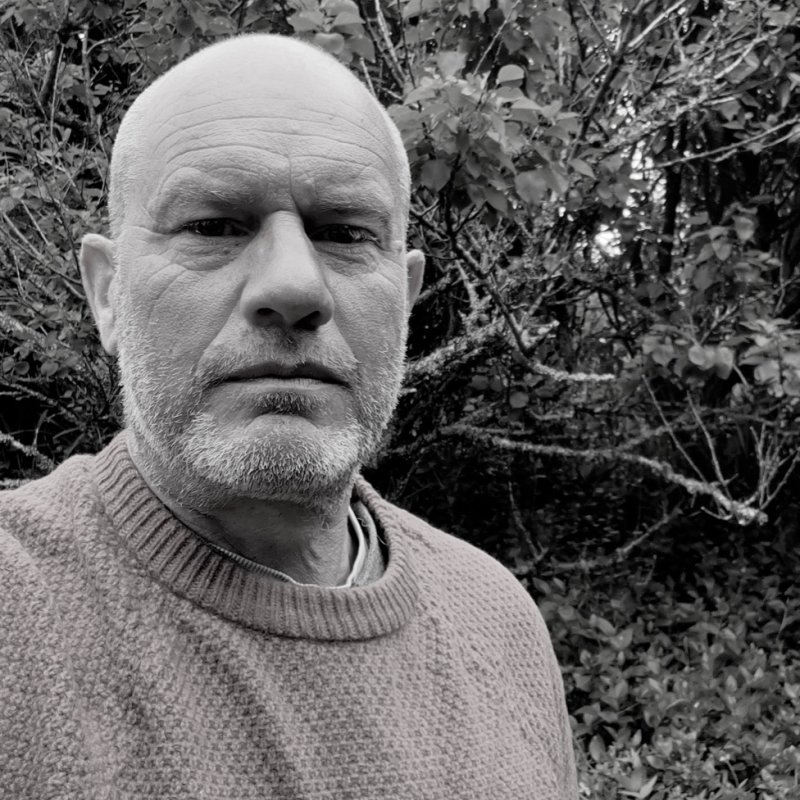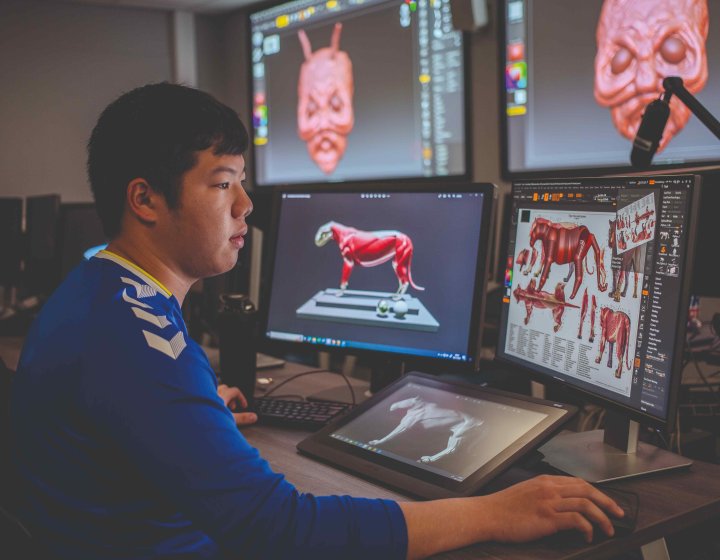Dr Julian Konczak
Lecturer
Following a career in production as a post-production freelance, I have taught a range of modules in film and television production and related disciplines, including dissertation scriptwriting supervision, interactive media production, film production and digital imaging. I have worked in the FE sector teaching on HND programmes in Digital Media and Film Production, where I helped formulate novel areas of study and schedules of work and assessment briefs. I have also developed skills in running short courses and Workshops in animation and film production for community groups, and theatre and performance groups with a broad range of ages across varying social, economic and cultural contexts. My approach to working with both undergraduate and post-graduate students has been to develop strategies for bringing out creativity and possible risk-taking within individuals and groups, according to level and ability.
I have extensive hands-on craft skills in digital media production in addition to having produced multi-platform, immersive and interactive work which has involved fund-raising, budget management and working with practitioners and clients across different sectors of industry. I have embedded skills in audiovisual production and have working knowledge and expert level in key software packages (Adobe Creative Cloud, Avid Media Composer, DaVinci Resolve etc.) as well as WYSIWYG, CSS, Wordpress web design. I have skills in digital animation and compositing using After Effects and have developed modules for students in this area as well as using these advanced motion graphic skills to extend into projection mapping, and proof of concept work for augmented and virtual reality apps for smart phone. My skillset constantly evolves to include novel technologies and prototyping software - Ambisonic, VR, Wireframing (Adobe XD), Max Msp, on a project by project basis and/or to support teaching and learning. Project work has involved building teams of specialist software coders, musicians, writers etc. Recent research projects have led me to be invited on panels and screen at high profile events such as Future Film at BFI London, Bremen International Film Festival, iDocs and Sheffield Documentary Festival. The development of these links and exposure of work provides an important contribution to the learning environment in the form of the relationship between research and teaching.
Practice-based outputs are a significant element of my career and have formed a contribution to the recently completed PhD work that examined methodologies for screen-based storytelling in transmedia contexts. The production of such larger-scale projects has entailed securing funding from national organisations such as Arts Council England and creating working relationships and partnerships with galleries, museums and archives, along with theorists and creative practitioners across a range of fields and including engineering and fabrication of exhibition materials.
Qualifications
Qualifications
| Year | Qualification | Awarding body |
|---|---|---|
| 2019 | PhD in Visual Communications | Nottingham Trent University |
| 1998 | MA Media | Nottingham Trent University |
| 1987 | BA(Hons) Psychology & Philosophy | University of Warwick |
Research Interests
Research interests and expertise
My approach to audiovisual media combines two strands, firstly an understanding of the possibilities and limitations of modelling the processes of perception within the discipline of psychology and secondly the understanding of the evolution of technical means of reproduction within the scope of media archaeology.
I have a particular interest in models of perception that attempt to decode the relationship between sensation and perception, broadly speaking the gestalt and phenomenological schools of thought. Alongside, the work that draws on archetypes, such as Jungian psychology provides useful tools for understanding how universality may be encoded or embedded within the individual audience member, listener or ‘user’. These understandings can be used to grapple with epiphenomena such as ‘immersion’ and ‘presence’.
Media archaeological approaches to technology provide a framework for understanding how layers of material shift can speak to audience experiences that go beyond the sensations generated by physical objects. An example of this would be the immersive nature of sound, an experience that can be understood somatically with the knowledge that we experience sound throughout the entire body. Further to this, application on the iterations of spatial technology has slipped across implementations stereo, binaural, ambisonic etc., all offering a promise of presence or immersion within the means of reproduction.
Current work examines, via practical investigation, the ancient history of sound with particular reference to the largely oral tradition of Sanskrit. This ancient language can be understood as an archetypal system of sounds and is of particular interest as the sounds are created with the human voice, thereby enabling a resonance between speakers and listeners that can be mediated through time and space.
Selected Exhibitions:
- A Polish Journey presented at Bremen 22nd International Bremen Film Conference 2017
- A Polish Journey AHRC (Arts and Humanities Research Council) Shortlisted for Innovation in Film Awards 2017
- A Polish Journey installed at Sheffield Documentary Festival Alternate Realities (2016) A Polish Journey presented at iDocs Bristol 2016
- The Interactive Forest installed and presented at DHRA (Digital Research in the Humanities and Arts) London 2014
- Telenesia presented at ISEA - International Symposium on Electronic Arts - Istanbul 2011
- J9 Interactive Video presented at ISEA International Symposium on Electronic Arts - Singapore 2008
- J9 Interactive Video installed and presented at FILE 2009 -Electronic Language International Fes*val -Sao Paulo Brazil – 2009
- J9 Interactive Video installed and presented at Japan Dislocate '07 - Tokyo – 2007
- 25 Birth and Decay installed and presented at Siggraph 2007 Global Eyes Art Gallery CA USA- August 2007
Teaching
Areas of teaching
- Editing
- post production
Professional Engagement
Engagement with professional associations and societies
FHEA - Fellow of the Higher Education Academy

